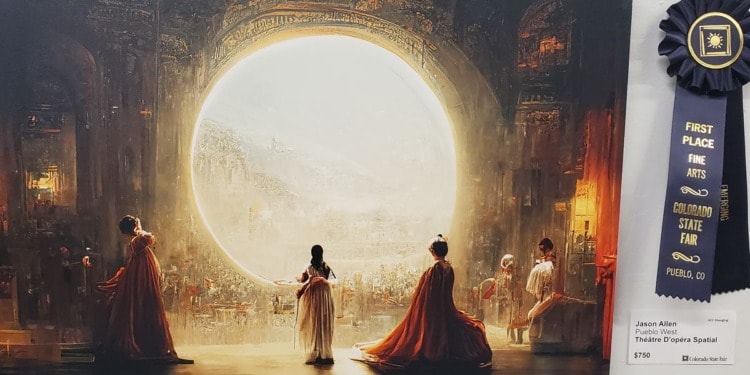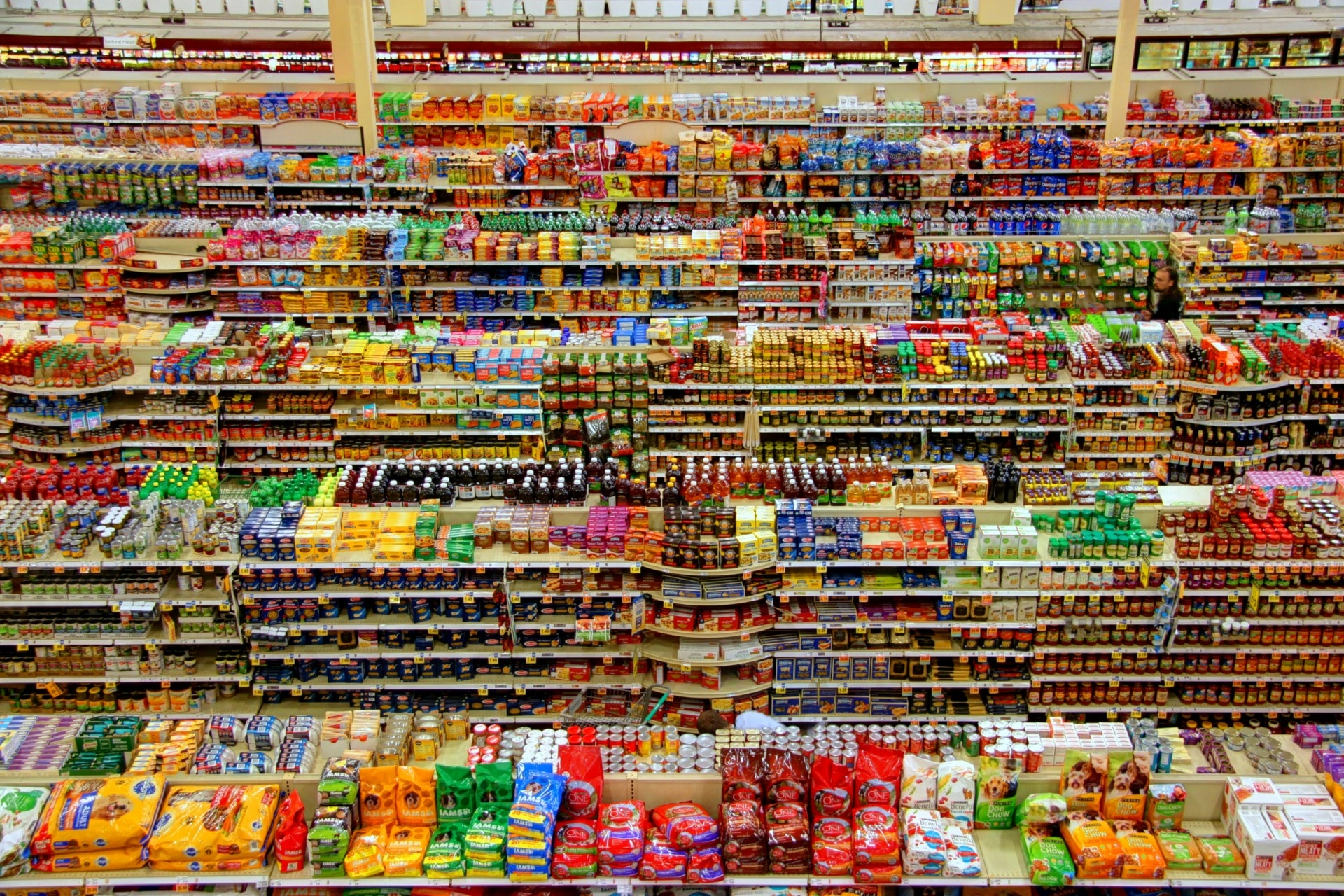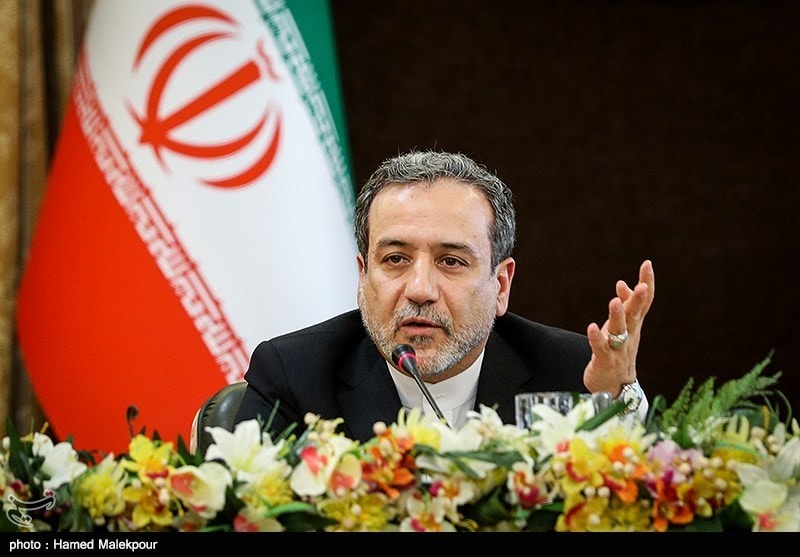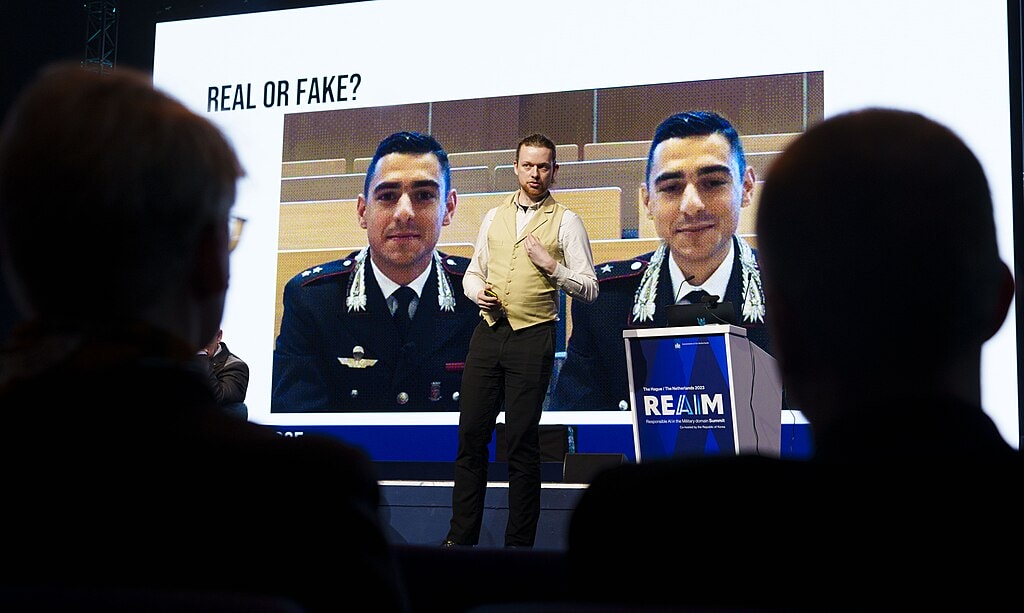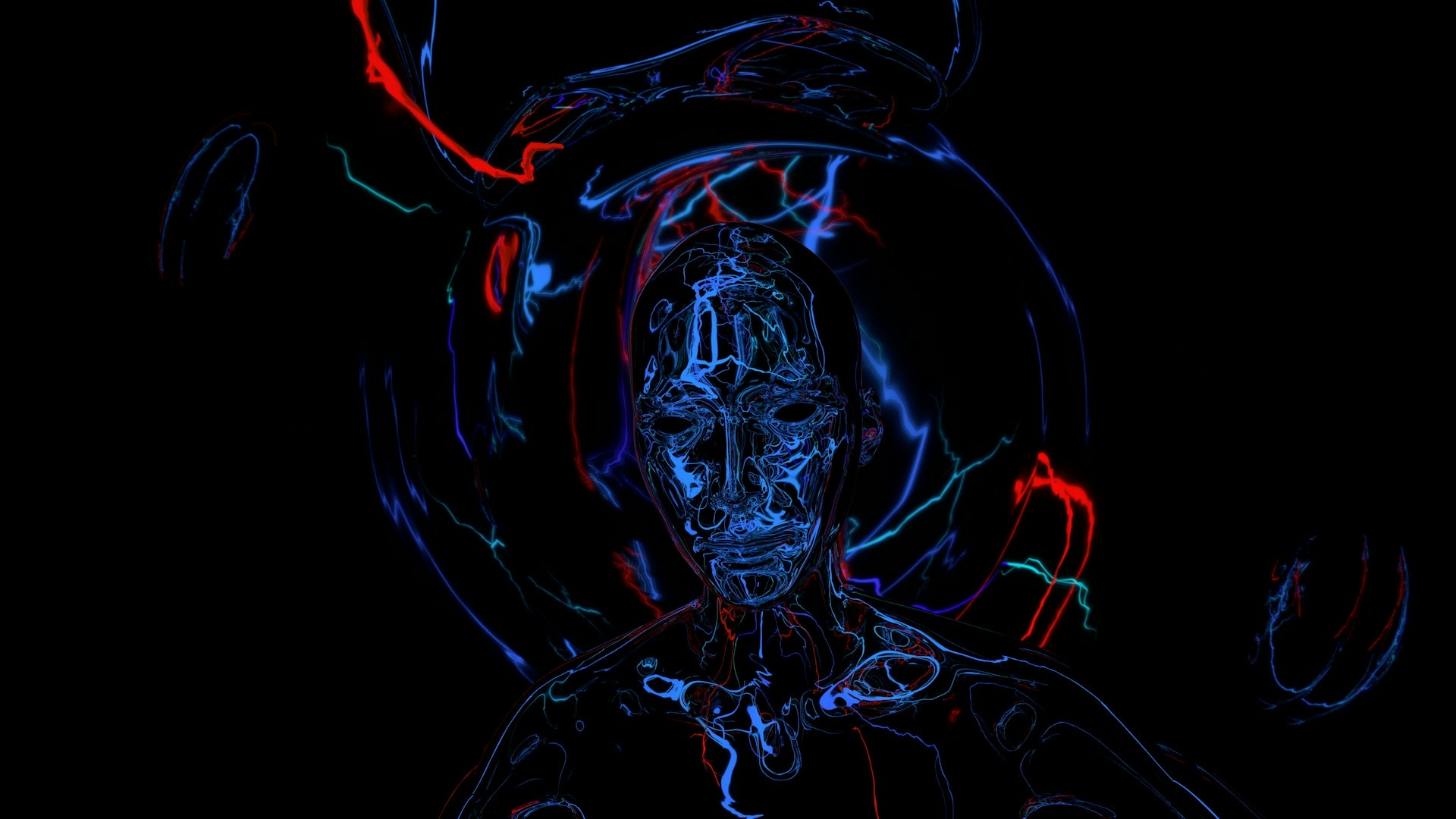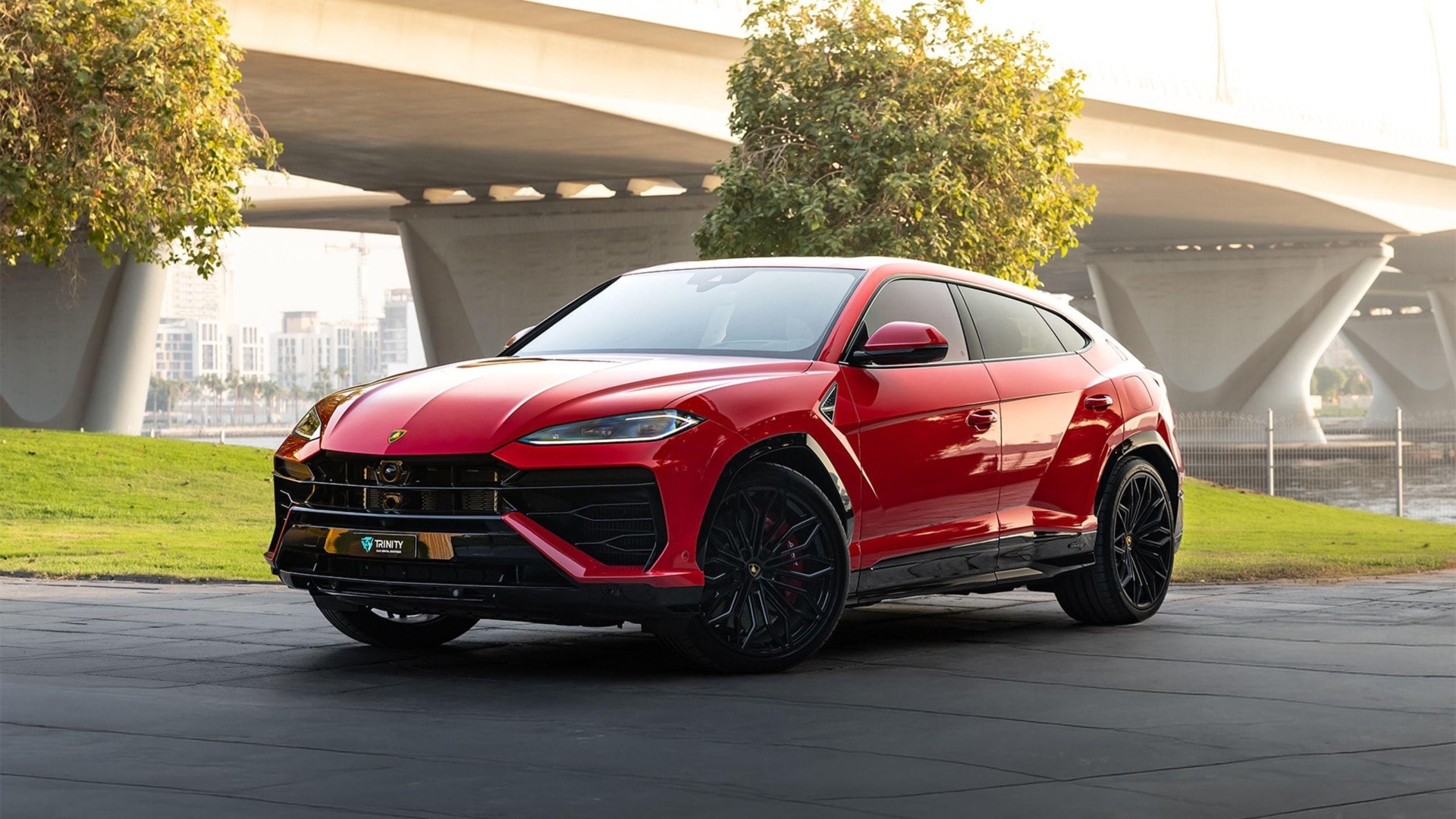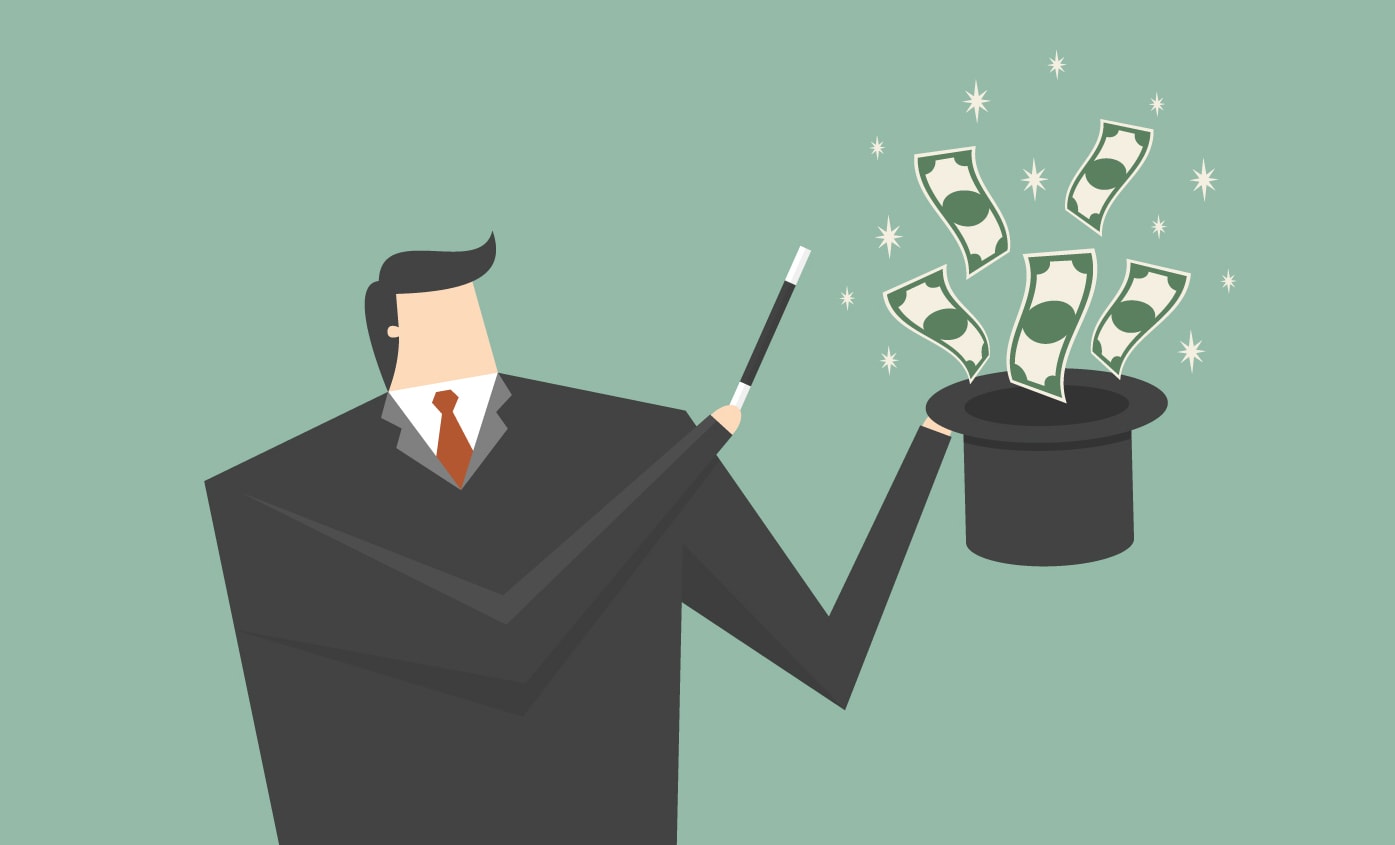An artwork made by Artificial Intelligence (AI) won first place at the Colorado State Fair’s fine arts competition last week, sparking controversy about whether AI-generated art can be used to compete in competitions.
The digital art category at the Fine Arts competition has people talking! At the Colorado State Fair, we think this brings up a great conversation. With advancing technology, the discussion of AI and art helps the Fair evolve from year to year.https://t.co/QouAArB4EI pic.twitter.com/kzLrnCwbvs
— Colorado State Fair (@colostatefair) September 1, 2022
By now, there are many efficient AI programs that allow people to create original realistic images and art from text descriptions. DALL-E 2, Midjourney and Stable Diffusion are some of the most notable such AI programs.
To generate a realistic image using these programs, all one needs to do is enter a text description of what he or she would like see, and wait for the AI to create it.
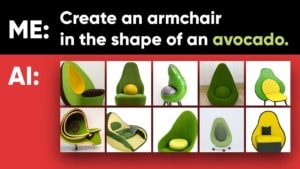
The winning artwork, submitted by Jason Allen, was created using the Midjourney program (which offers 25 free uses before requiring subscription) in combination with AI Gigapixel. The result came in first at the competition and won a $300 cash prize.
Artists all over the world have chimed in with their opinions on social media, with a common view that Allen isn’t an artist and it really isn’t his own artwork; therefore, his art shouldn’t have been accepted in the competition as original artwork in the first place, let alone won the competition.
everybody defending AI art in these comments are actually stupid. this man put no effort into the work. typing keywords in a good enough sequence isn’t art. the fact that AI could take away jobs from real artists or people in the creative fields is so scary. this infuriates me. https://t.co/MNe4fJsxtx
— anakin 🥁 (@anikagobrrrr) August 31, 2022
Many people believe AI-generated art should be classified differently, saying it threatens the work of human artists.
Allen, who founded the board game company Incarnate Games, said his pieces were created with a computer, thus they were put in the “Digital Art” category. He also claims that he stated the work was created using Midjourney when he submitted it, but this seems to have been omitted when his work was hung for judging. It’s unclear if the judges knew that the piece had been created by AI.
A Colorado newspaper reported that two judges were unaware that Allen’s submission was AI-generated, but they added that it wouldn’t change their decision because they were looking for “how the art tells a story and how it invokes spirit” instead.
These AI programs are still mainly used “harmlessly,” as in the example above. But whappens when the technology becomes so sophisticated that it allows us to generate accurate human depictions of other people, real or made up?
@curtskelton
The viral video above recently “revealed” that a popular TikTok user @curt.skelton was actually an AI-generated avatar.
In the video, Skelton says he’s really a 21-year-old female visual effects artist called Zahra Hussain. She explains how she “created” the Skelton avatar by animating an image generated with AI software DALL-E.
Posted to Skelton’s account, the video quickly went viral, now reaching over 17 million views.
Related Articles: DeviantArt Launches its AI Art Tool | Should Artificial Intelligence Be Allowed Human-like Feelings?
This has prompted concern from many users and skepticism from others that a year’s worth of videos on Skelton’s page was in fact a hoax. But in an interview with Input magazine, Skelton admitted that he was in fact a real person and not an avatar, and that he and Mrs. Hussain created the video as a lighthearted response to the concerns of visual effects artists that AI technology threatens their jobs.
“I’ve always loved the idea of AI being used in art, but what got my attention lately was all the artists worried that they’ll be put out of a job directly because of it, nobody got the original joke of the video,” Skelton told Input.
Even if the “joke” wasn’t received well by many users, the stunt still saw Skelton gain more than 100,000 followers over a weekend as well as a “like” from billionaire Elon Musk.
This goes to show that even though AI technology isn’t (yet) advanced enough to create a whole new online person, the fact that people believe it is capable of doing so can and already is causing anxiety.
Editor’s Note: The opinions expressed here by the authors are their own, not those of Impakter.com — In the Featured Photo: Winning artwork at the Colorado Fine Arts competition. Featured Photo Credit: Jason Allen/Discord.


